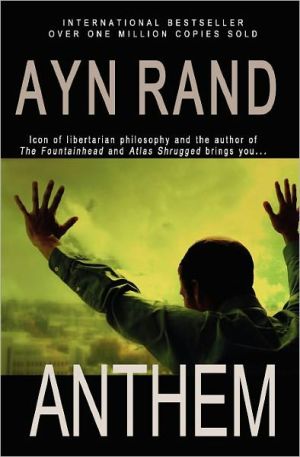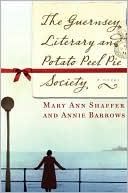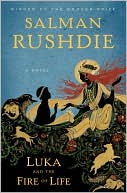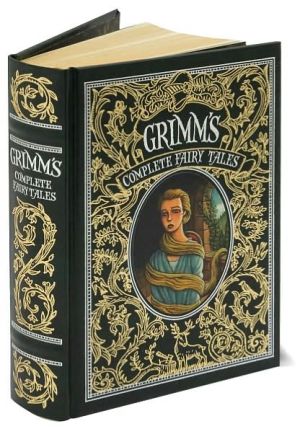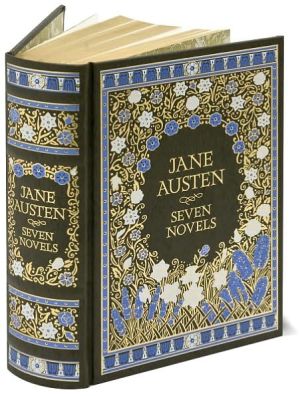Anthem
"He lived in the Dark Ages of the future. In a loveless world he dared to love the woman of his choice. In an age that had lost all trace of science and civilization, he had the courage to seek and find knowledge. But these were not the crimes for which he would be hunted. He was marked for death because he had committed the unpardonable sin: He had stood forth from the mindless human herd. He was a man alone. Ayn Rand's classic tale of a future Dark Age of the great "we" - a world that...
Search in google:
The year 2005 marks Ayn Rand’s Centennial Year. Ayn Rand’s classic tale of a future dark age of the great “We”—a world that deprives individuals of name, independence, and values—anticipates her later masterpieces, The Fountainhead and Atlas Shrugged.Library JournalThe difference between this long-forgotten exercise in paranoia and other futuristic visions of a world controlled by the state, such as Aldous Huxley's or George Orwell's, is the extremist tone of Rand's story. The author lived in a black-and-white world in which things social or communal are evil and things individual and selfish are exalted. This "anthem" culminates in a hymn to the concepts of "I" and "ego," where the rebels are those who resist group action; the oppressors are government officials and others who attempt to provide a safety net for the less fortunate. The production is not improved by the theatricality of narrator Paul Meier, which is reminiscent of a ham Victorian actor intoning an overwrought melodrama. Not recommended.-Mark Pumphrey, Polk Cty. P.L., Columbus, NC
\ Library JournalThe difference between this long-forgotten exercise in paranoia and other futuristic visions of a world controlled by the state, such as Aldous Huxley's or George Orwell's, is the extremist tone of Rand's story. The author lived in a black-and-white world in which things social or communal are evil and things individual and selfish are exalted. This "anthem" culminates in a hymn to the concepts of "I" and "ego," where the rebels are those who resist group action; the oppressors are government officials and others who attempt to provide a safety net for the less fortunate. The production is not improved by the theatricality of narrator Paul Meier, which is reminiscent of a ham Victorian actor intoning an overwrought melodrama. Not recommended.-Mark Pumphrey, Polk Cty. P.L., Columbus, NC\ \ \ \ \ Fact Forum News"In her usage of the English language she combines clarity of expression with prose of poetic grace. Here, indeed, is an anthem-an anthem, not in the idiom of music, but in the more difficult medium of words alone. This is the most beautiful, the most inspiring novel this reviewer has ever read. It is an ethical and philosophical rather than a religious dedication to freedom and the individual."—Joan DeArmond, Fact Forum News\ — Joan DeArmond\ \ \ \ Fact Forum News"In her usage of the English language she combines clarity of expression with prose of poetic grace. Here, indeed, is an anthem-an anthem, not in the idiom of music, but in the more difficult medium of words alone. This is the most beautiful, the most inspiring novel this reviewer has ever read. It is an ethical and philosophical rather than a religious dedication to freedom and the individual."—Joan DeArmond, Fact Forum News\ \ \ \ \ All-American Books"Reading this inspired little story is a rewarding and satisfying experience which no American should deny himself."—All-American Books\ \
